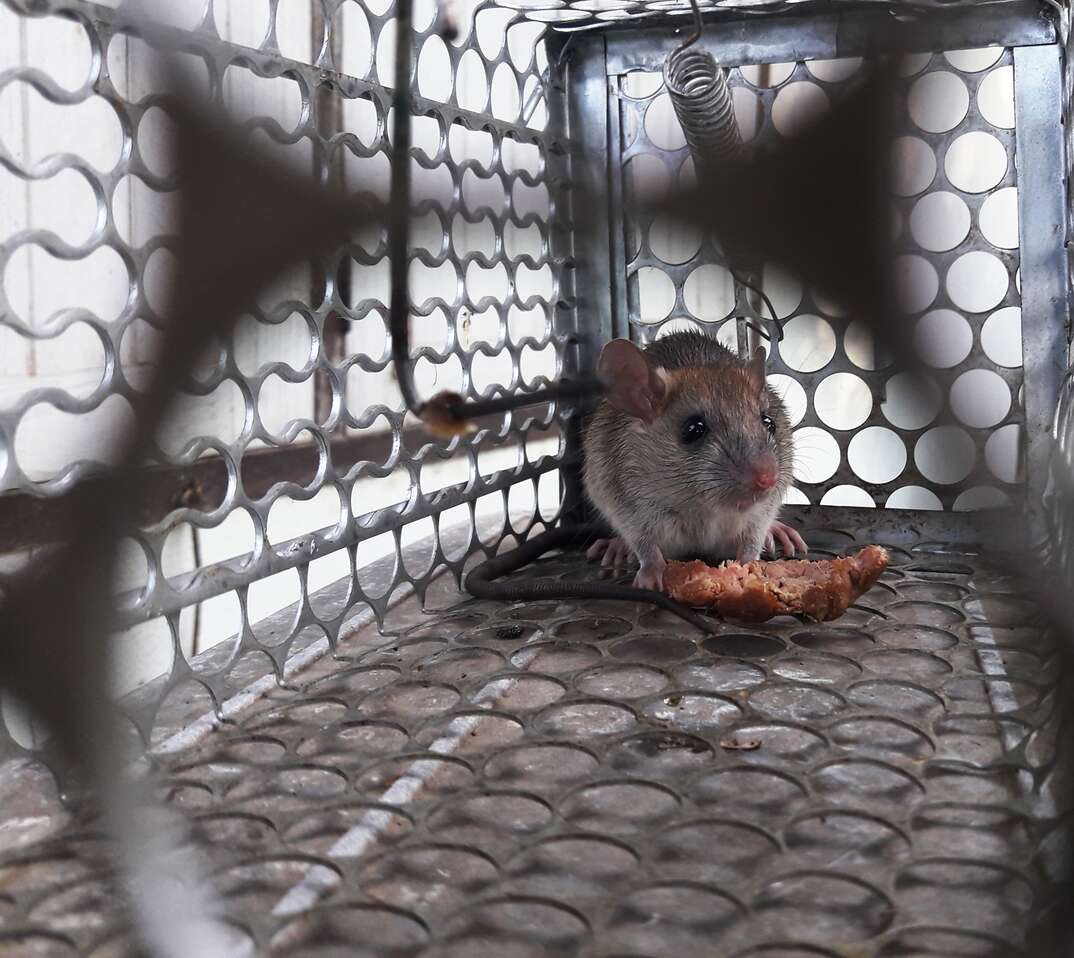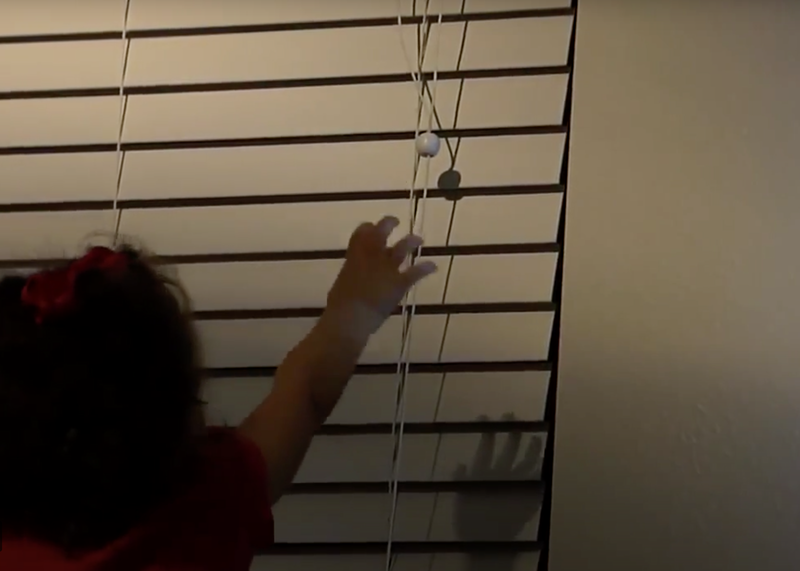Got Mice or Rats? Here's How to Get Rid of Them

Mice and rats make for unwelcome guests whenever they enter your home, but a full-blown infestation is a serious problem. Rodents carry and spread disease through the droppings they leave throughout the home, and they can cause significant damage to home structures by chewing through wiring and wood and burrowing into structural insulation.
This May Also Interest You: We’ve Got Bedbugs! Now What?
If you're wondering how to get rid of mice and rats, solutions range from natural home remedies to professional extermination services. Keep reading to learn more about detection and removal of these pesky critters.
Rats
How Do You Know If You Have a Rat Problem?
While the most obvious sign of a rat problem is spotting a rat or two scurrying through your home, there are other telltale signs that can appear long before your first sighting. Most rat species, including Norway rats and roof rats, are nocturnal, which means they are busiest at night. If you spot a rat during the day, this often indicates an infestation. Additional signs of a potential rat problem include:
- Rat droppings, which are dark in color and appear moist and shiny.
- Musky, musty odors that signify rat urine. Rats that have died also give off a putrid odor similar to rotting food or garbage.
- Rat tracks such as small footprints and smudge marks along the path that the rats travel when moving through your home. Often, these tracks can be found close to baseboards, along with crumbs and droppings.
What Scent Will Keep Rats Away?
Rats have a strong sense of smell, and they are known to be repelled by certain scents. In situations with obvious infestations, it's always a good idea to contact a professional exterminator so they can conduct a proper inspection and remedy the issue. However, if you're looking to take preventative measures to keep rats from entering your space, consider these scent options:
- Eucalyptus oil: The strong, crisp scent irritates the rodent's nasal passages, so they tend to avoid this smell. Applying this oil in potential high-traffic areas may help keep rats at bay.
- Peppermint: Similar to eucalyptus, the crisp aroma of peppermint is an irritant to rats. There are peppermint sprays available that are designed specifically to keep rats away, and regular peppermint oil works as well.
- Citronella: This scent can be applied to potential nesting areas and entrance points with either a spray or an oil.
What Home Remedy Can I Use to Get Rid of Rats?
In addition to the scents mentioned above, there are several home remedies that may help to ward off rats and prevent them from nesting in your home.
- Ammonia: Combine equal parts ammonia and water in small cups, and then set the cups near entrance points or anywhere you see track marks. Ammonia helps deter rats and also works as a poison.
- Ground black pepper: Rats cannot tolerate black pepper and will naturally steer clear if they sense its presence. Sprinkle black pepper in corners and areas where track marks are present.
- Bay leaves: Bay leaves are toxic to rats and work as a poison if ingested. Placing bay leaves along entry points and in areas where you suspect rat activity is a good way to eliminate rats in a non-toxic fashion.
If strategic scent placement and home remedies don't work to get rid of rats, you can also try using rat traps. Rat traps typically contain baits to lure and attract the rats. Once inside or on the trap, the rat is killed via poison, electronic voltage or a snapping mechanism. Live catch traps allow for a more humane option. If trapping proves to be unsuccessful, it's important to contact an exterminator to assess and handle the problem before you're dealing with a major infestation.
How Long Does It Take to Get Rid of Rats?
When using traps, it can take anywhere from a few days to several weeks to get rid of rats. In some cases, rats may avoid traps altogether if they sense danger. When using a professional exterminator, it may take several visits to ensure that the infestation is completely eradicated, as exterminators typically seal up entry points and place professional-strength traps and poison throughout the home. Once the traps are set up and points are sealed, you can expect improvement within a week.
More Related Articles:
- Home Inspection Horror Stories: From Rats in the Attic to Water Heaters Ready to Blow
- How Much Does Pest Control Cost?
- Houseplant Pests? Common Critters and How to Get Rid of ’Em
- How Much Do Termite Treatments and Fumigation Cost?
- Allergies are Nothing to Sneeze at. Here are 12 Ways to Allergy-Proof Your Home
Mice
How Do You Know If You Have Mice?
Mice are generally hard to spot during the daytime hours, as they tend to be nocturnal like rats. They are most active at night, and you may spot one or two traveling along the baseboards or scurrying through the kitchen. Here are some other common indicators:
- Fresh droppings: Mice droppings are smaller than rat droppings. However, they are similar in appearance. The droppings are dark in color and may appear moist.
- Smudges along the baseboards: Mice have poor eyesight and often use baseboards as physical guides, which can result in oily smudge marks.
- Odor: Mice often leave a telltale scent behind that smells like ammonia. You may detect this scent in cupboards or around nesting areas.
What Scent Will Keep Mice Away?
Mice are similar to rats in the fact that certain scents are too strong for their nasal passages to handle. Common scents that are known to keep mice away include:
- Peppermint
- Cayenne pepper
- Cloves
- Lavender
These scents can be applied or placed on potential entrance points, along baseboards and any other area of suspected mice activity.
What Home Remedy Can I Use to Get Rid of Mice?
In addition to placing scented items strategically throughout the home, home remedies to get rid of mice are similar to those to get rid of rats. Consider these options:
- Bay leaves: Place bay leaves in areas of potential mice activity for a natural yet effective poison.
- Mashed potato flakes: While this remedy may sound odd, it is highly recommended. Potato flakes cause thirst in mice once ingested, and if they cannot locate water, the flakes will cause swelling and eventual death.
- Artificial sweetener: Artificial sweeteners such as aspartame are toxic to mice and can cause death once ingested.
In the event of a large infestation, the best option to get rid of mice is to enlist the services of a professional exterminator. For one or two mice that may have made their way into your home, you can try using glue traps or baited snap traps. For a more humane option, consider using live catch traps that lure in and trap mice without poisoning them.
How Long Does It Take to Get Rid of Mice?
The length of time it takes to get rid of mice is the same as rats, which is typically a few days to a week. However, large infestations in which mice have created multiple nests inside a home's walls may take several exterminator visits for successful eradication. It takes exterminators one to two days to close up entry points and set traps.


